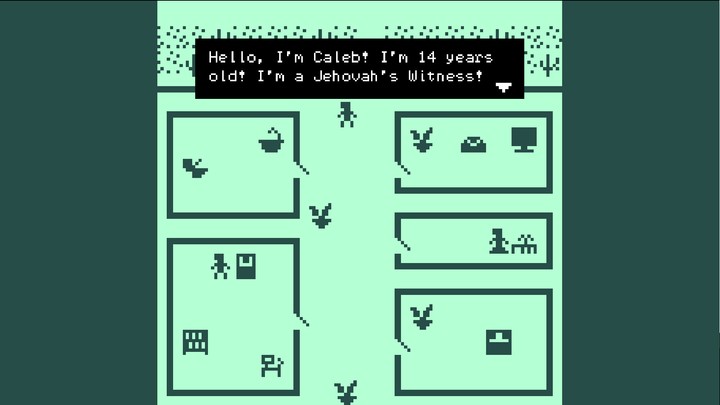https://www.washingtonpost.com/news/on-leadership/wp/2018/01/29/episode-16-of-the-constitutional-podcast-the-first-amendment/?utm_term=.9d8940ba6280
Episode 16 of the Constitutional podcast: ‘The First Amendment’
By Lillian Cunningham
January 29, 2018
In the summer of 1942, two law professors at the University of Pennsylvania penned a prescient article in the Bill of Rights Review. It opened this way:
“Seldom, if ever, in the past, has one individual or group been able to shape the course, over a period of time, of any phase of our vast body of constitutional law. But it can happen, and it has happened here. The group is Jehovah's Witnesses."
When professors John Mulder and Marvin Comisky wrote this piece, Jehovah's Witness, a persecuted but also assertive religious minority in America at the time, had already brought several First Amendment cases before the Supreme Court. But some of its greatest victories were still ahead—victories like the decision in West Virginia State Board of Education v. Barnette, in which the court ruled in the group's favor that compelling students to say the Pledge of Allegiance and salute the flag violated their rights to free speech and free exercise of religion.
By the end of World War II, Jehovah's Witnesses would argue nearly two dozen First Amendment cases at the Supreme Court. Their body of litigation would pressure the court to better define, and elevate, the role of personal liberty protections in American law.
As Sarah Baringer Gordon, a law professor at the University of Pennsylvania puts it: Jehovah's Witnesses "brought into existence a new constitutional world."
In the penultimate episode of the Constitutional podcast, we examine the fascinating story of how this marginalized group was able to so powerfully transform First Amendment law. Gordon is a special guest on the episode alongside Julie Silverbrook, executive director of the Constitutional Sources Project.
READ MORE: https://www.washingtonpost.com/news/on-leadership/wp/2018/01/29/episode-16-of-the-constitutional-podcast-the-first-amendment/?utm_term=.9d8940ba6280
---
The discussion is in the form of a podcast, but a written transcript is included.
Do you know the history of JW's role in forcing the Supreme Court to define and to ultimately strengthen the role of the First Amendment in the U.S.? If you don't read on. Yes, by the actions taken by JW's in the 1930s and 40's, the civil liberties of all U.S. citizens were strengthened. But this group, as the article pointed out, were not religiously tolerant:
"The Cantwell decision came out first and--Covington did it! He won the first major First Amendment victory at the Supreme Court for Jehovah’s Witnesses.
"GORDON: And this opinion was widely heralded actually by religious liberals. It was thought that this would be a protection for religious diversity, even though the Jehovah's Witnesses themselves were not religiously tolerant. So it was a question of tolerating the intolerant--and was quite a leap for the constitutional law of religion."
---
Below, find an interesting excerpt from the transcript:
GORDON: I would have loved to hear that lawyer Hayden Covington because apparently, he talked like a machine gun. He just jumped up and down and lectured the court, looking daggers at Justice Murphy who was Catholic. It just must have been incredible.
When he confronted the Supreme Court, both Judge Rutherford and Hayden Covington used to talk down to the justices. They would say things like: “You know you don't understand. We're trying to educate you in the truth, which is God's law, and nothing you say can be held any higher than God's law.” So they really were deeply, deeply confrontational. They also had support from a number of religious liberals across the country and within the ACLU. The ACLU gave legal sophistication--if I could put it that way--to some of the more raw arguments made by the Witnesses themselves, including Rutherford and Covington.
-
GORDON: And this opinion was widely heralded actually by religious liberals. It was thought that this would be a protection for religious diversity, even though the Jehovah's Witnesses themselves were not religiously tolerant. So it was a question of tolerating the intolerant--and was quite a leap for the constitutional law of religion.
--
Covington also, two decades later, would become the lawyer defending boxer Muhammad Ali during the Vietnam War, when Ali refused to register for the draft on religious grounds. Covington died in 1978.





